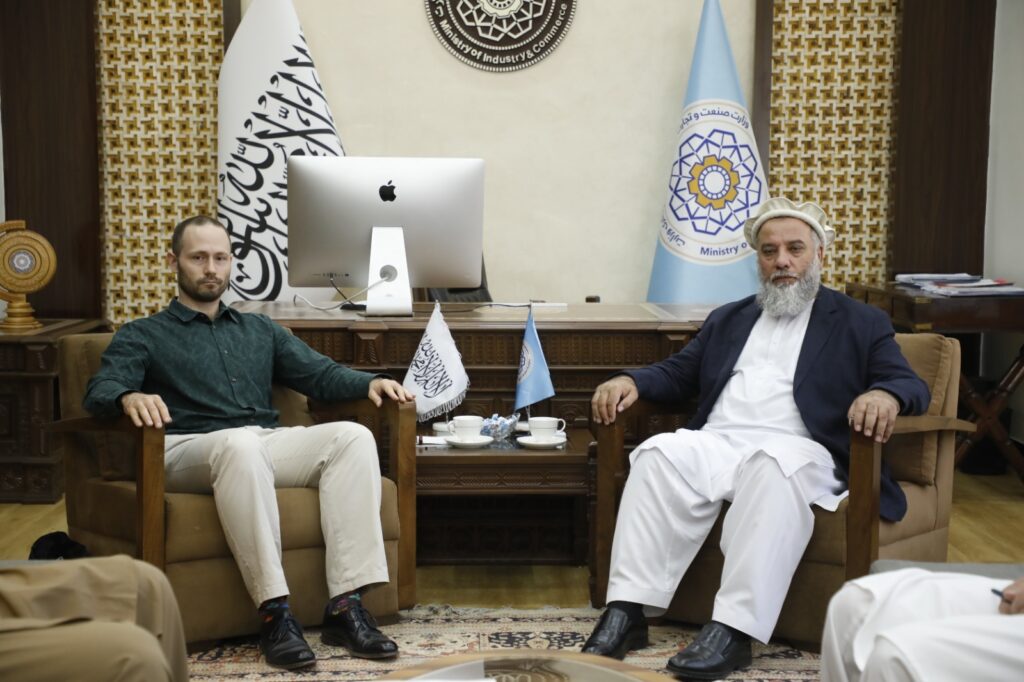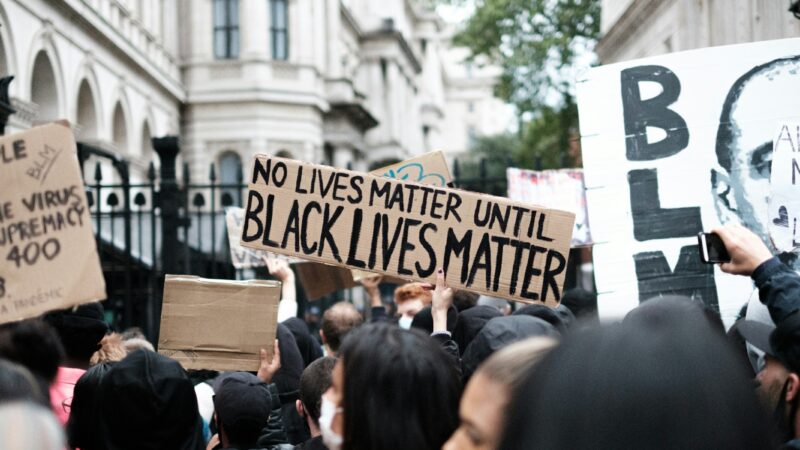I can’t say I’ve ever hosted the Taliban, although if presented with the opportunity, the Worshipful Company of Brewers wouldn’t have been my initial choice of venue.
This irony wasn’t lost on Daniel Evans, frontier markets and technology investor, co-founder of the Gibraltar Stock Exchange Group, and Chairman of the newly-founded Afghanistan Advisory Council (AAC).
Evans joked the venue would allow him to lay claim to successfully organising a piss-up in a brewery, although it must be said the event wasn’t a piss-up at all – partially because the drinks were appropriately alcohol free, but mainly because the foundation of the AAC marks the first actual step at rapprochement with Afghanistan since the Taliban’s return to power in August 2021.
All-in-all, a pretty serious affair. Serious enough to receive a written endorsement from Nooruddin Azizi, Afghanistan’s Minister of Industry and Commerce:
“On behalf of the Islamic Emirate of Afghanistan, I want to emphasize that the investment environment in Afghanistan is feasible, with strong security and government policies focused on economic development. As many know, Afghanistan is an untapped country with significant business and investment opportunities across various sectors, including energy, industry, infrastructure, mining, agriculture, and health.
We welcome any proposals and investments in Afghanistan, assuring you that the government will fully protect and support all initiatives.”
The launch was attended by businessmen from a variety of interested parties; railway construction, petrochemicals, international finance, and so on. Michael Mainelli, current President of the London Chamber of Commerce and Industry and former Lord Mayor of the City of London was among those present, as well as Miles ‘Lord Miles’ Routledge, adventurer-turned-YouTuber-turned-junior member of the AAC.
Among other ambitions for a hospital, a hotel, a logistics centre, and a railway terminus, the AAC’s flagship proposal of a Special Economic Zone (SEZ), set to be attached to Kabul airport, has won the backing of Mohammad and Zahid Asif, Owner and Managing Director of Walid Titan Ltd respectively, who are providing the land for the zone.
The precise details of the SEZ have yet to be fleshed out, although it’s clear that the AAC is looking to Dubai’s International Finance Centre (IFC) as a model; a demarcated zone where the norms and customs of international commerce prevail, and regulations are to be drawn up on the advice of the AAC.
The SEZ is one of several projects set to be funded by a new National Growth Fund, which will provide resources to develop a diverse range of industries and projects, such as a far-reaching hospital construction programme. One of the hospital centres will be located in the SEZ. The AAC has been given the mandate to advise the creation of the fund.
One might ask why the Taliban would allow any of this. If one reads between the lines, the SEZ would allow what are essentially Western standards of conduct to take root in an otherwise Islamic theocratic state. Sure, it’s not exactly going to be Amsterdam but it’s hard to square such a proposal with the totalising ‘Islamofascist’ caliphate prophesised by thought leaders of the dilapidated pantheon of liberal-humanitarian interventionism.
The simple but surprising reality of the matter is the Afghans seriously want to get down to business. In fact, it’s becoming clear the Taliban are more eager to do business with the British than vice versa, and not without valid reason. They’re highly suspicious of the Americans, their opinion of the Russians isn’t much better, relations with Pakistan have massively deteriorated within the past year alone, and China and Iran look more like regional threats than potential allies.

As bizarre as it sounds, the Taliban’s view of the British continues to be informed by the Empire, which they regard in a similar manner to how many of us Moderns regard the Roman Empire; that is, as a milestone in human achievement. The British are viewed less as hated enemies and more as honourable and accomplished adversaries. If that’s not soft power, I don’t know what is!
As one would expect, the Afghans have zero appetite to be controlled by a foreign power, but they’re not completely isolationist; they’re quite happy to enlist the help of foreigners with the know-how required to stabilise their war-battered economy, having endured invasions from the USSR and the US-led coalition, ongoing skirmishes with groups like ISIS-K, and incoming Pashtun refugees from neighbouring Pakistan.
It’s a matter of political ideology whether it’s preferable to live in a less-developed but comparatively liberal country over a more-developed but comparatively illiberal one, but – as a general rule of thumb – it’s better to have functioning railways, roads, and hospitals than to not have them at all. Some things aren’t exactly ideological touchstones. Is it really so polarising to believe that Afghanistan should have a reliable supply of currency, rather than making do with sheets of borderline dust held together with glue and tape?
Beneath debates on the political and religious destiny of Afghanistan lies an economy which needs to be run regardless, and the AAC hasn’t so much muscled into this gap, but waltzed into it; partially because the organisation seems to be ahead of the curve on this issue, but also because its founding members felt they had nothing better to do.
On his release from jail in October 2023, having been arrested for not having his papers in order, Routledge – who described the experience as “the best networking opportunity I’ve ever had” – received an email from Evans with the subject line “Bored/gold mine lol” – a proposal which snowballed into setting up a full-on, nation-wide development fund with the blessing of the Afghan government.
Overall, the AAC is filling the vacuum left by a regime that doesn’t know what to do with Afghanistan. One suspects it’s pretty hard to see a path forward with that much egg on your face!
For the past two decades, Britain’s political system has stuck to the same playbook; a hodgepodge strategy of attempting to nag and bomb Afghanistan into becoming a liberal democracy with little-to-no regard for local idiosyncrasies and so forth.
Indeed, no country is a blank slate and Afghanistan is no exception, but more than an investment opportunity – that itself is laden with several obvious benefits; Afghanistan is rich with natural minerals – but a real chance to rehearse discombobulated statesmen and commentators in the virtues and practices which factor into good nation-building; which I cannot help but feel is the spiritual mission of the AAC, even if not said so outright.
Keir Starmer, take notes!



